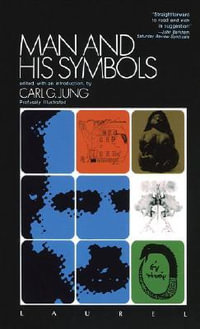Minds Without Fear is an intellectual and cultural history of India during the period of British occupation. It demonstrates that this was a period of renaissance in India in which philosophy--both in the public sphere and in the Indian universities--played a central role in the emergence of a distinctively Indian modernity. This is also a history of Indian philosophy. It demonstrates how the development of a secular philosophical voice facilitated the construction of modern Indian society and the consolidation of the nationalist movement. Authors Nalini Bhushan and Jay Garfield explore the complex role of the English language in philosophical and nationalist discourse, demonstrating both the anxieties that surrounded English, and the processes that normalized it as an Indian vernacular and academic language.
Garfield and Bhushan attend to both Hindu and Muslim philosophers, to public and academic intellectuals, to artists and art critics, and to national identity and nation-building. Also explored is the complex interactions between Indian and European thought during this period, including the role of missionary teachers and the influence of foreign universities in the evolution of Indian philosophy. This pattern of interaction, although often disparaged as "inauthentic" is continuous with the cosmopolitanism that has always characterized the intellectual life of India, and that the philosophy articulated during this period is a worthy continuation of the Indian philosophical tradition.
Industry Reviews
"Bhushan and Garfield's book is an extremely valuable record of a community of philosophers that has fallen sadly into obscurity, and of the philosophical contributions of figures that are more often discussed in non-philosophical contexts--figures such as Gandhi, Nehru, Tagore, and Vivekenanda." -- Evan Clarke, Philosophy in Review
"This remarkable volume should put to rest, once and for all, the false but still prevalent notion that colonial and post-colonial India witnessed a stark decline in original philosophical thought. The authors reveal a scintillating world of sophisticated philosophical works produced over the last two centuries or more-- works that embody, on the one hand, strong continuities with the classical and medieval past and with the great Sanskrit traditions,
particularly in aesthetics and epistemology, and, on the other hand, a creative engagement with philosophical currents rooted in modern Western thought. Far from washing away the residues of a moribund Indian
metaphysics, nineteenth- and twentieth-century European philosophy is shown to have generated highly original rethinking of classical themes and notions. This book is a joy to read." DLDavid Shulman, Hebrew University
























